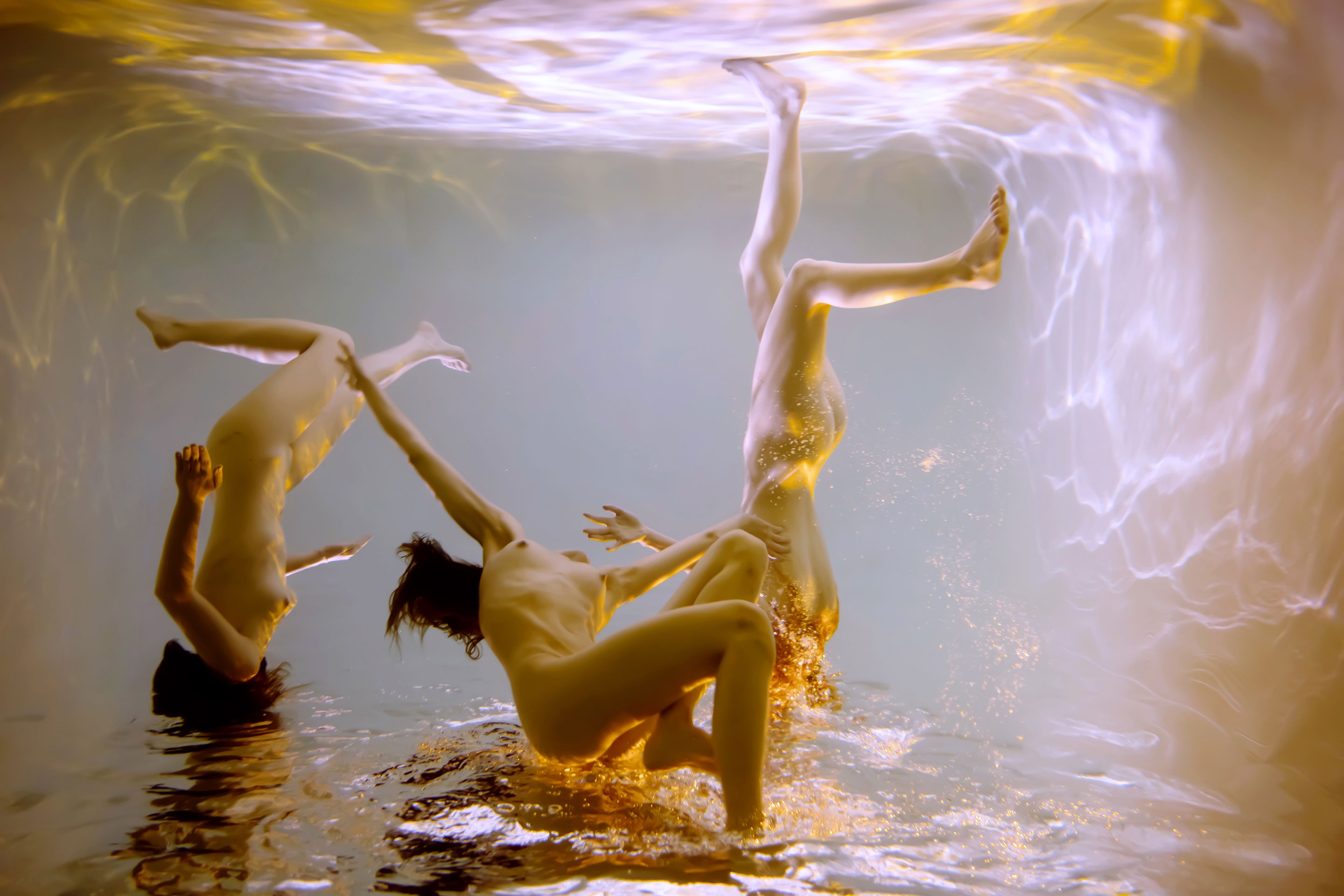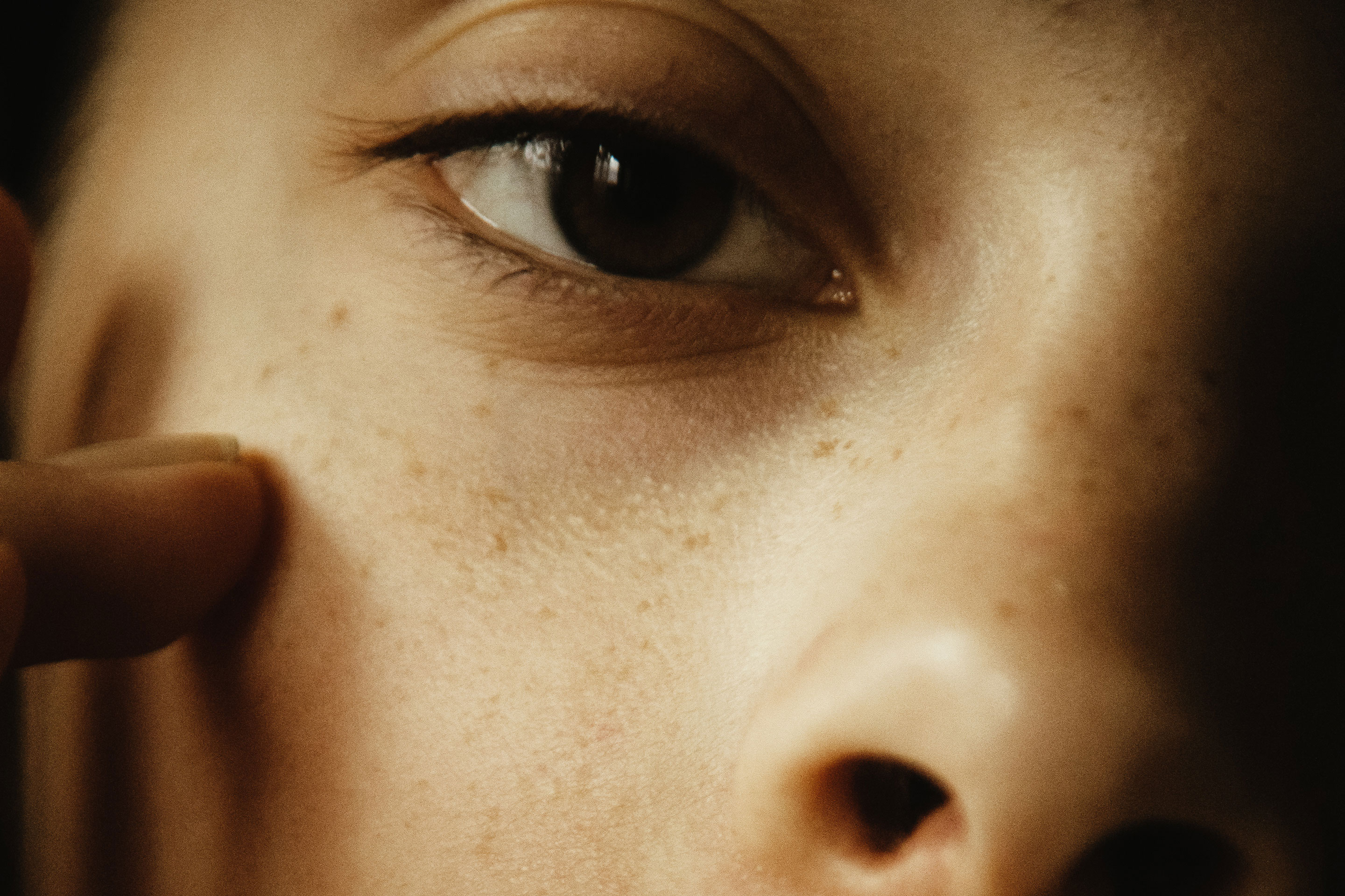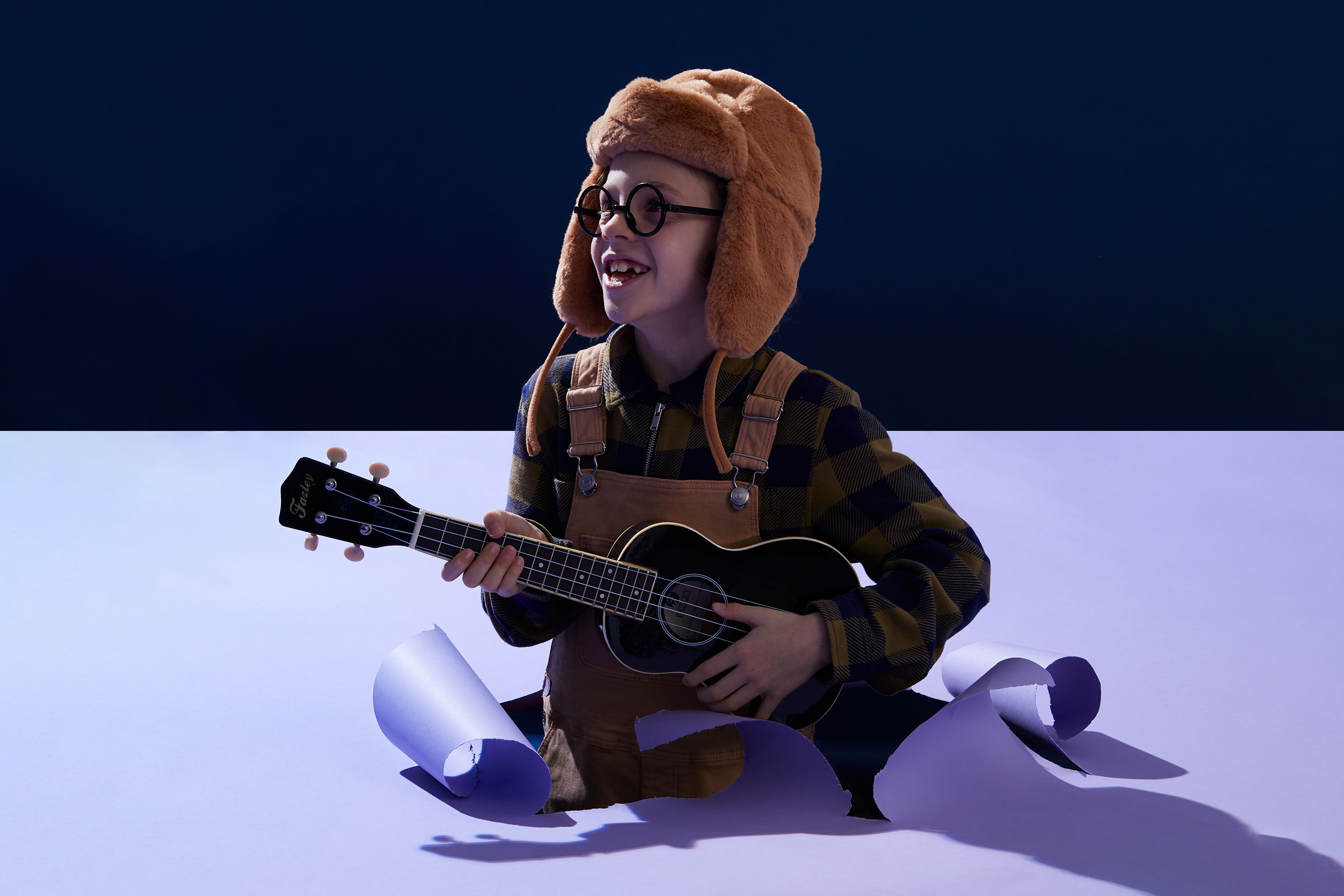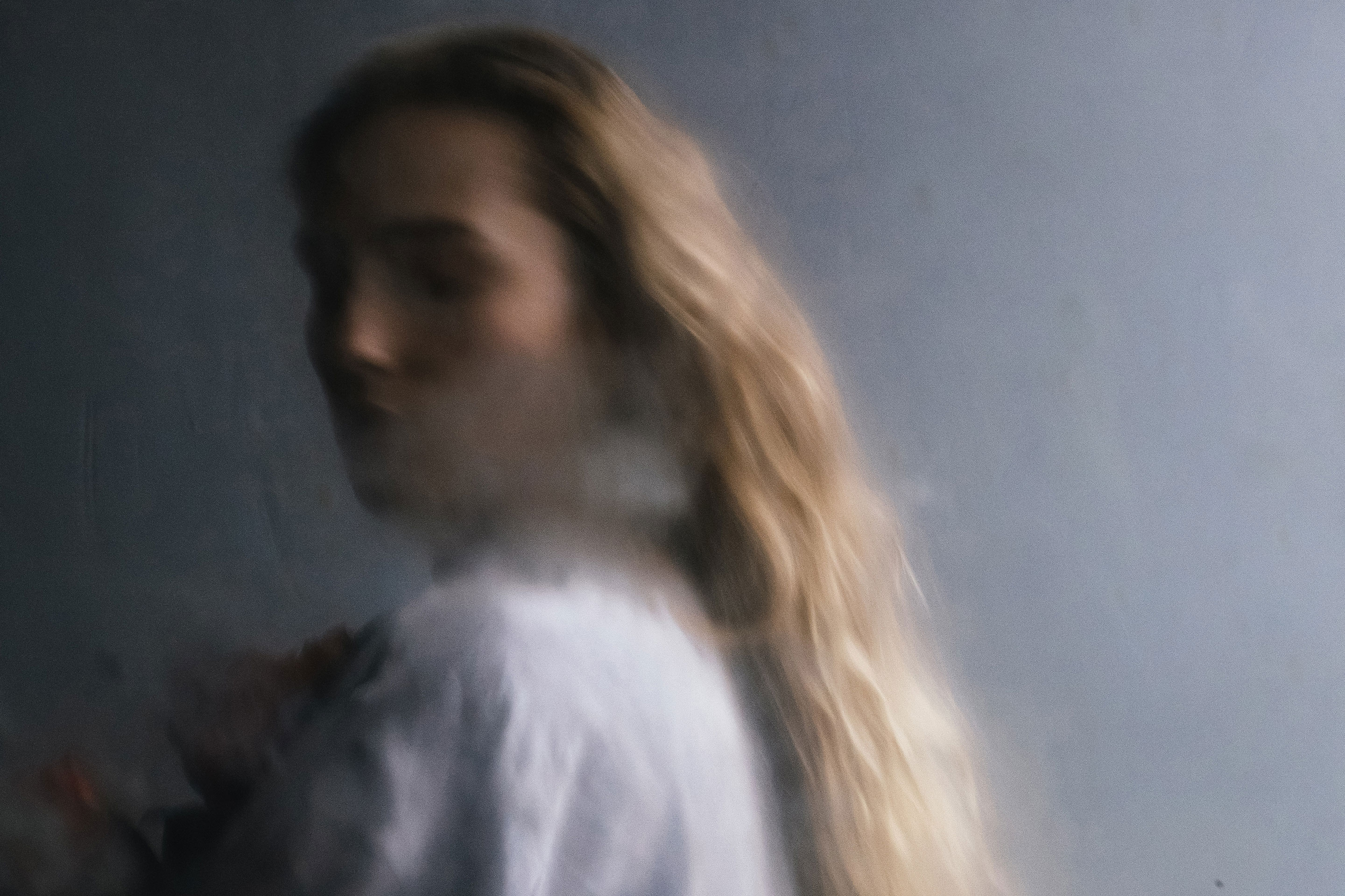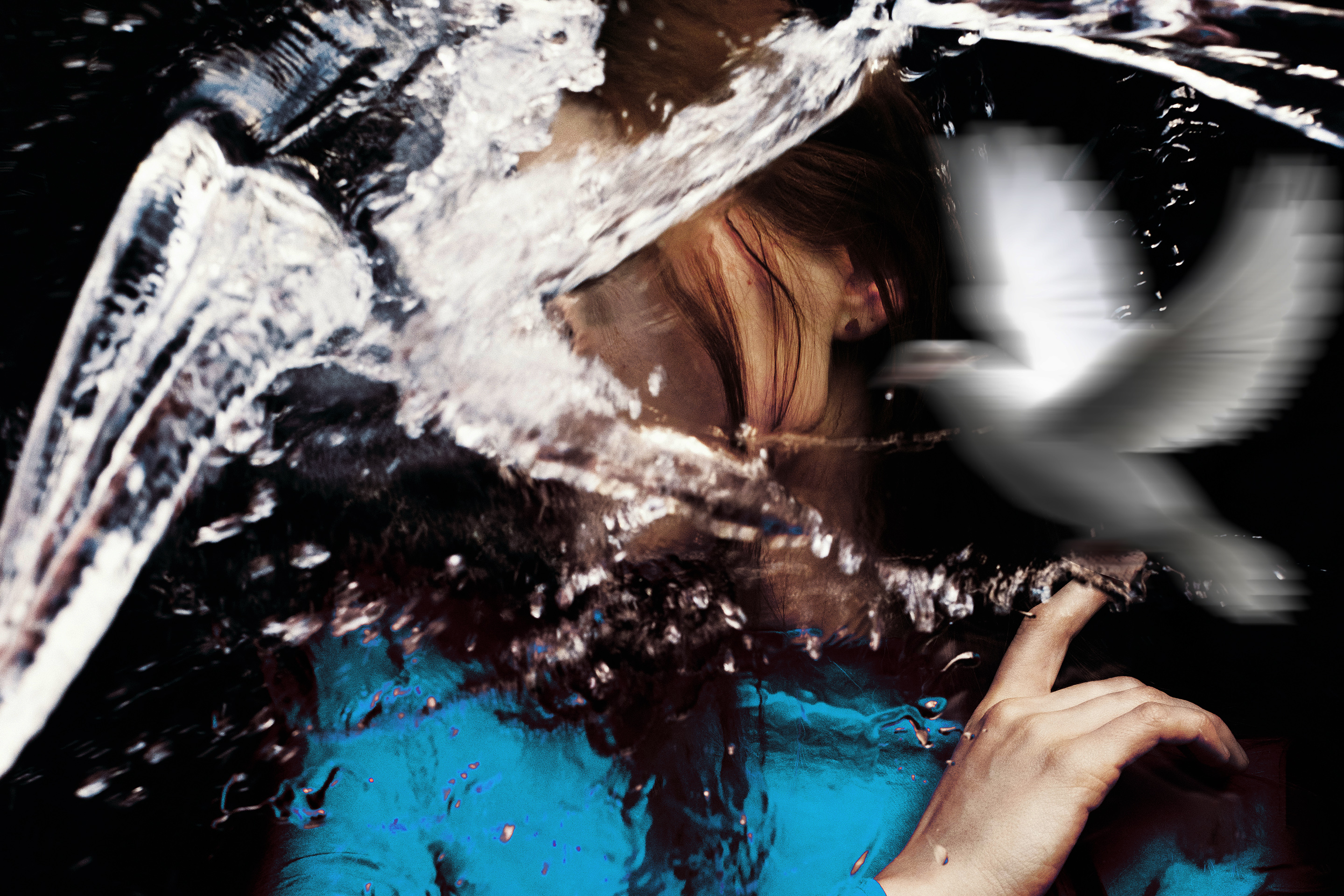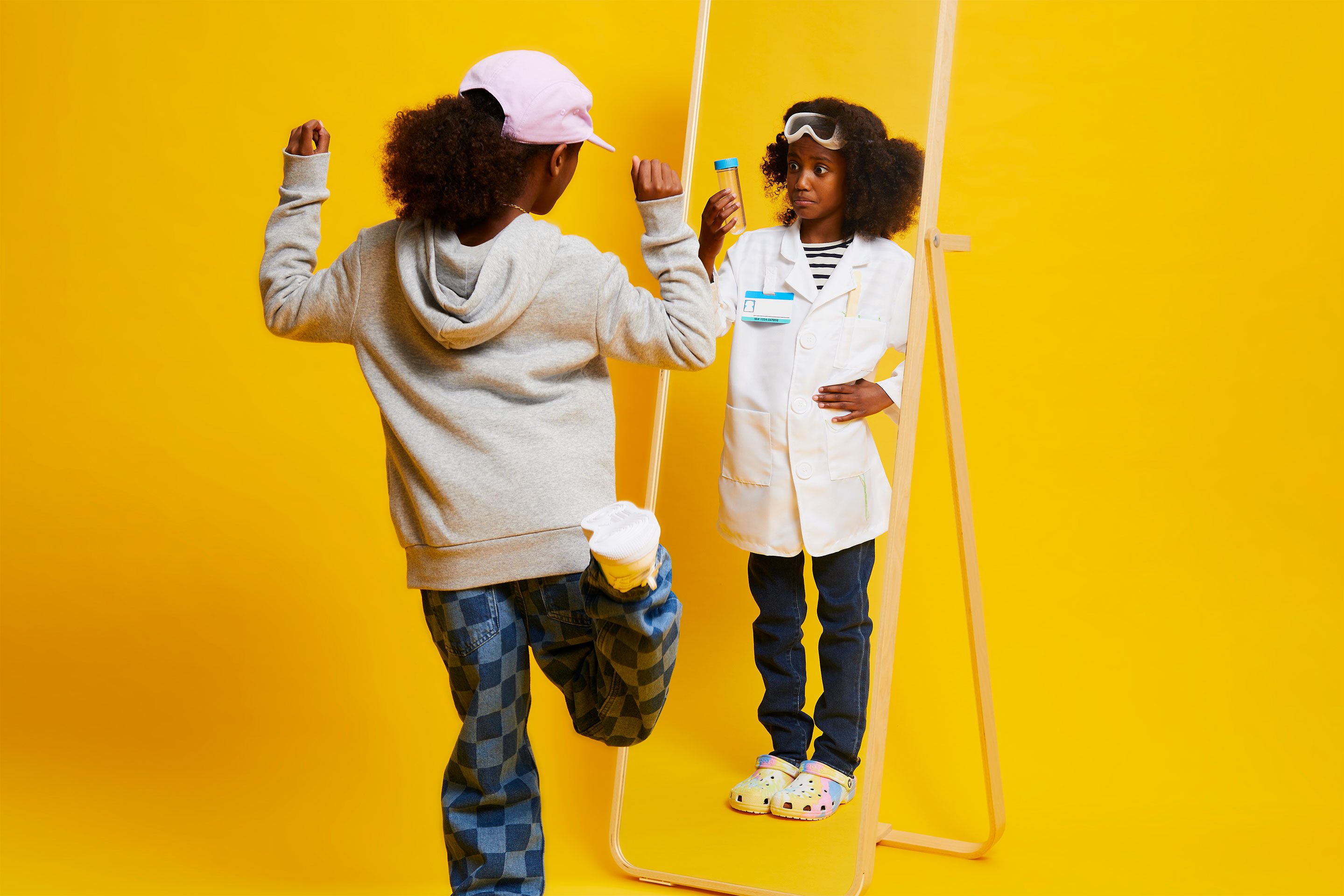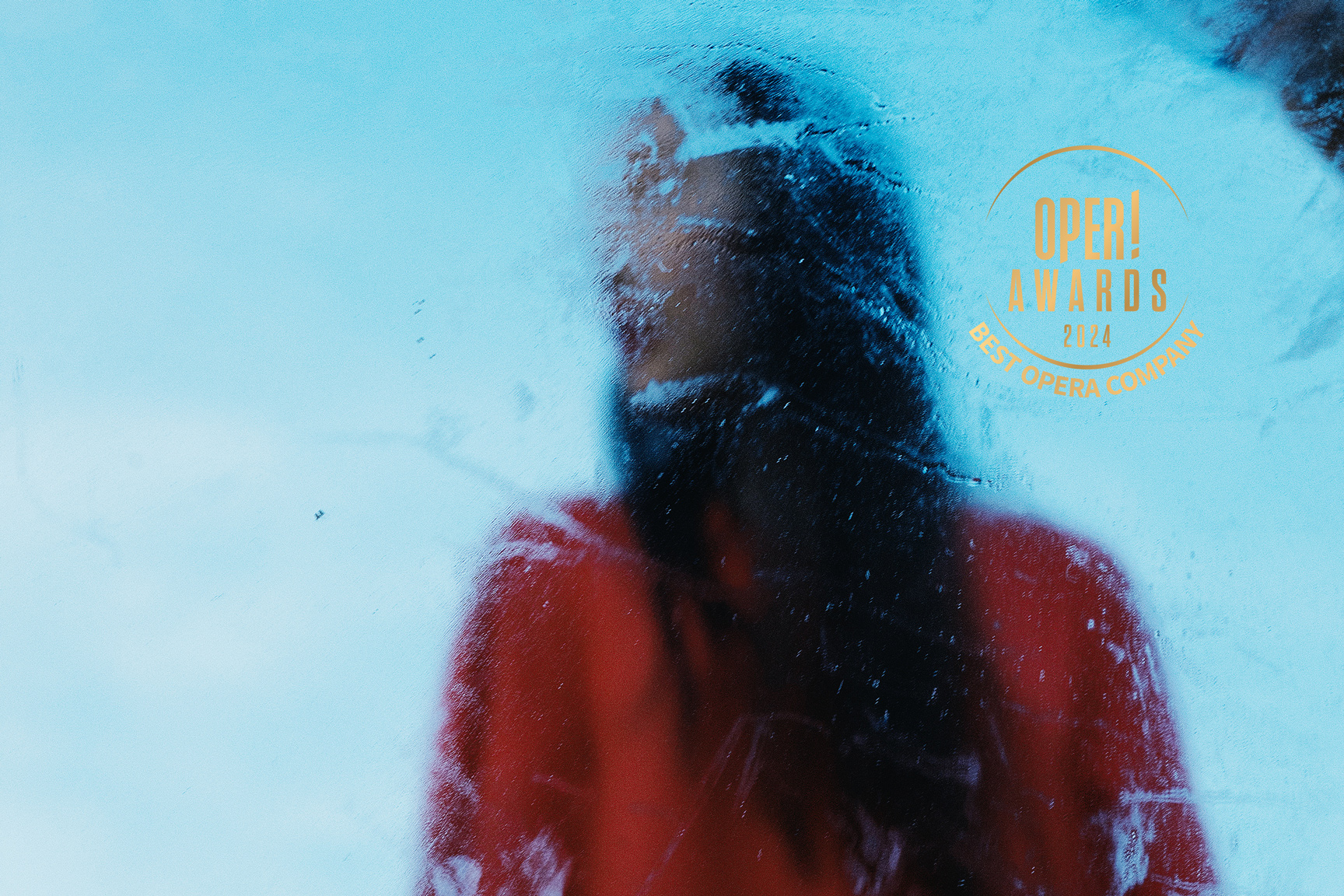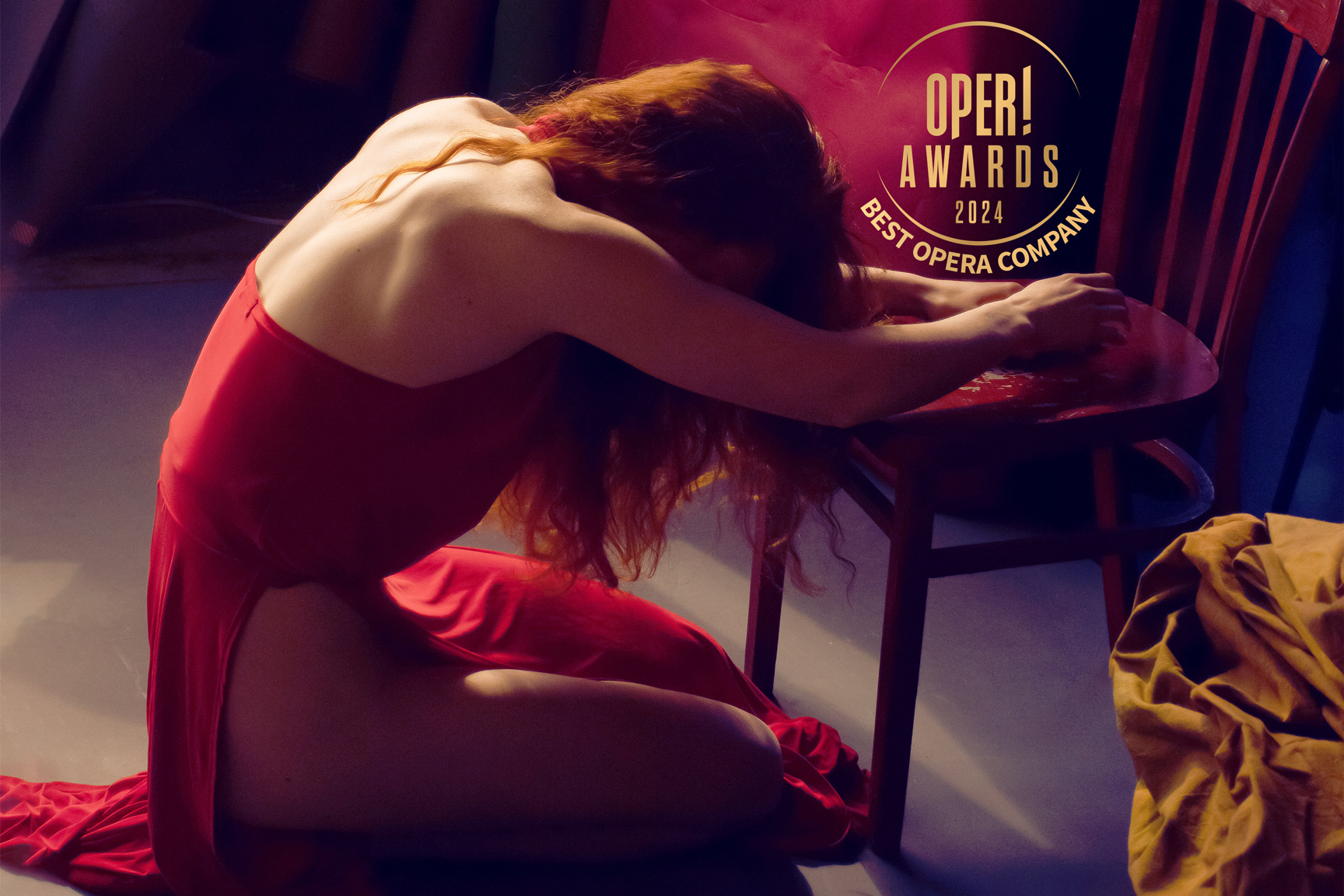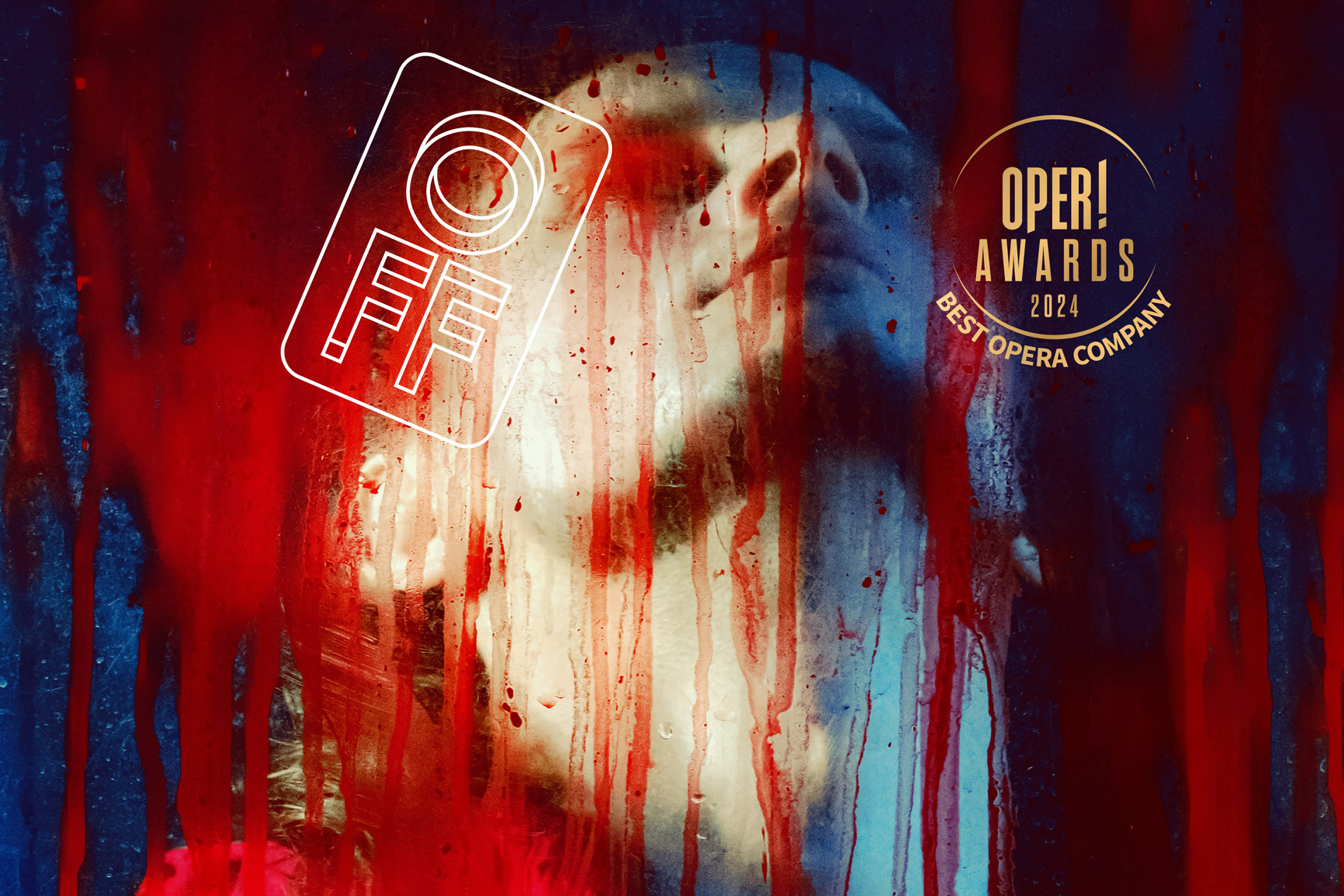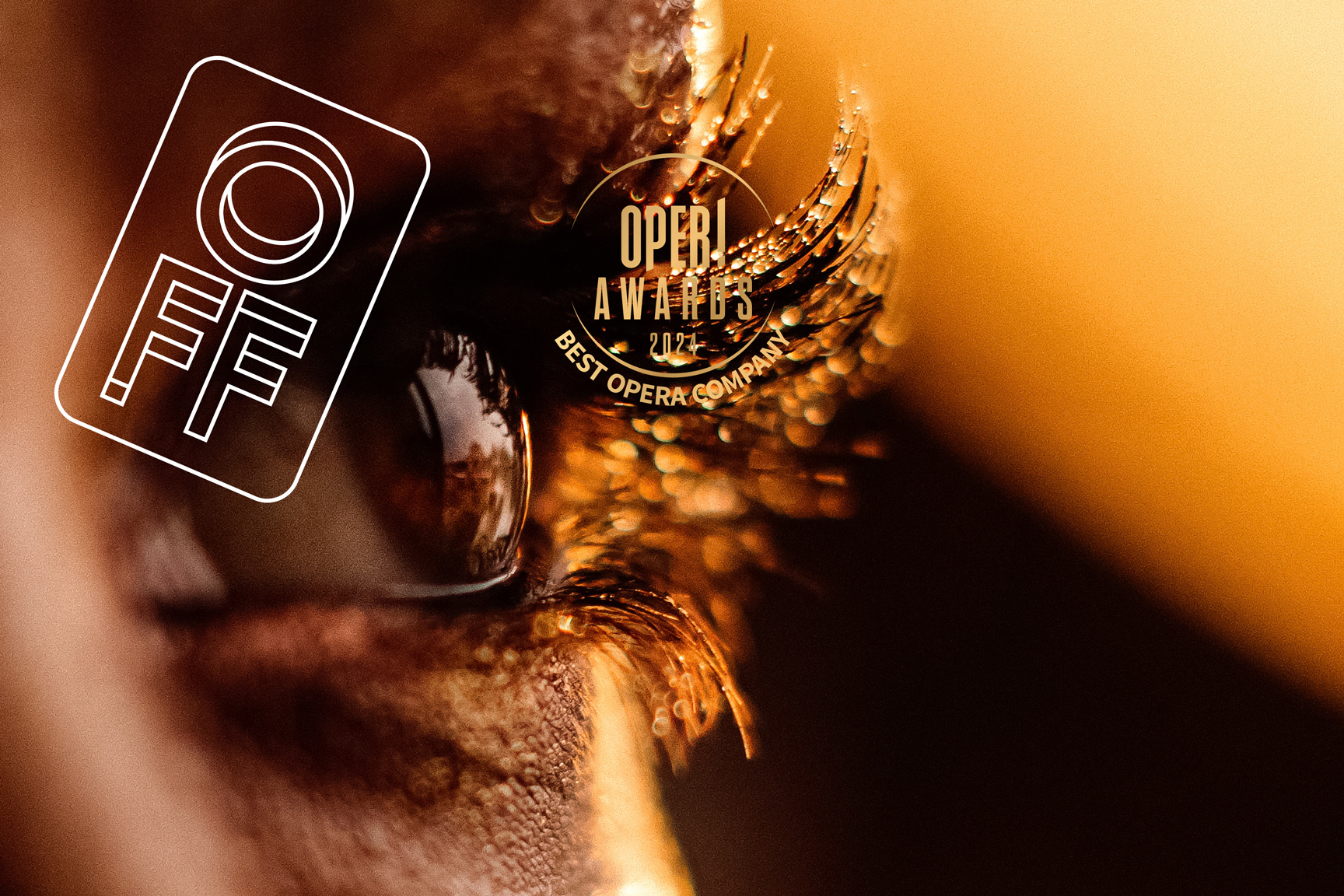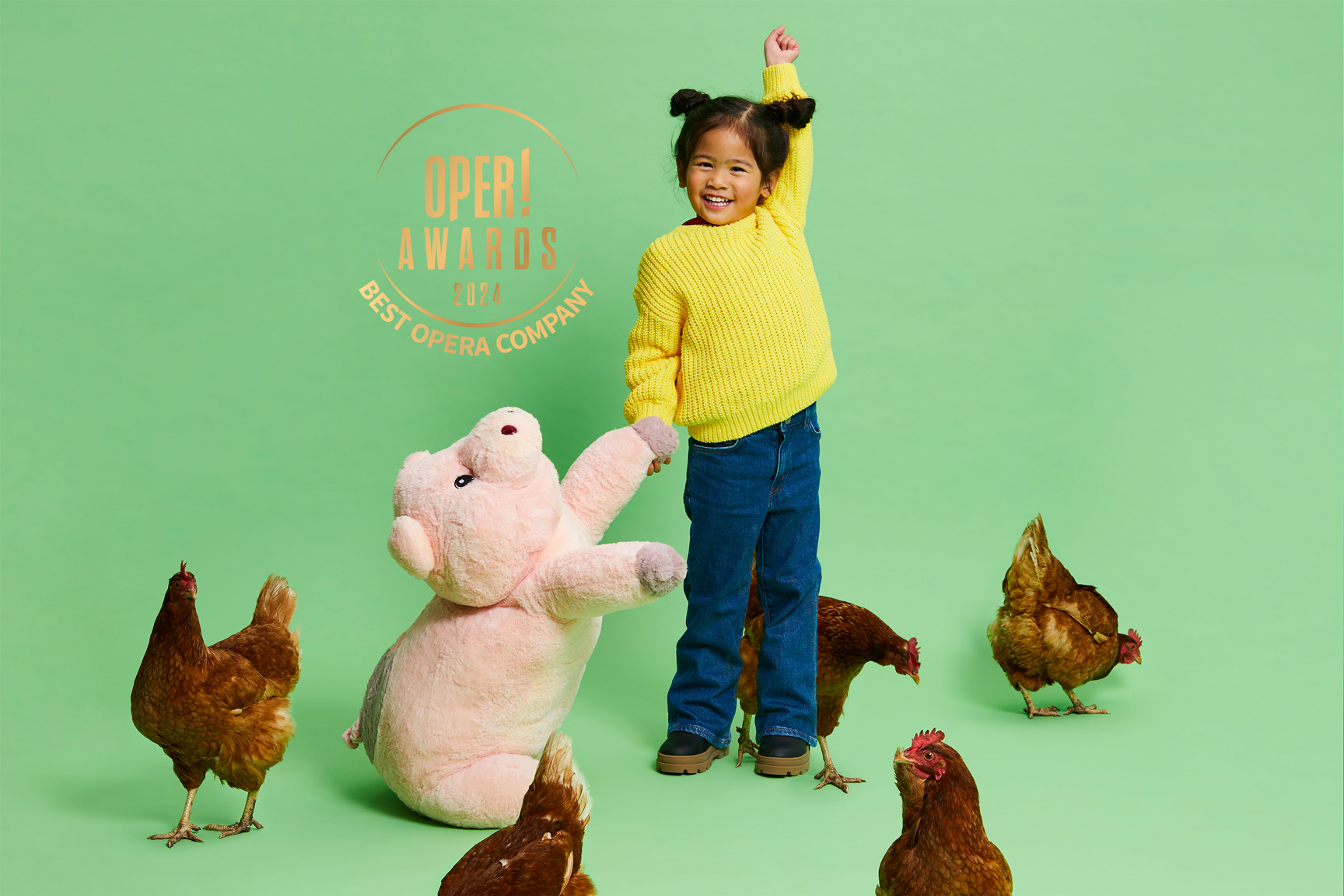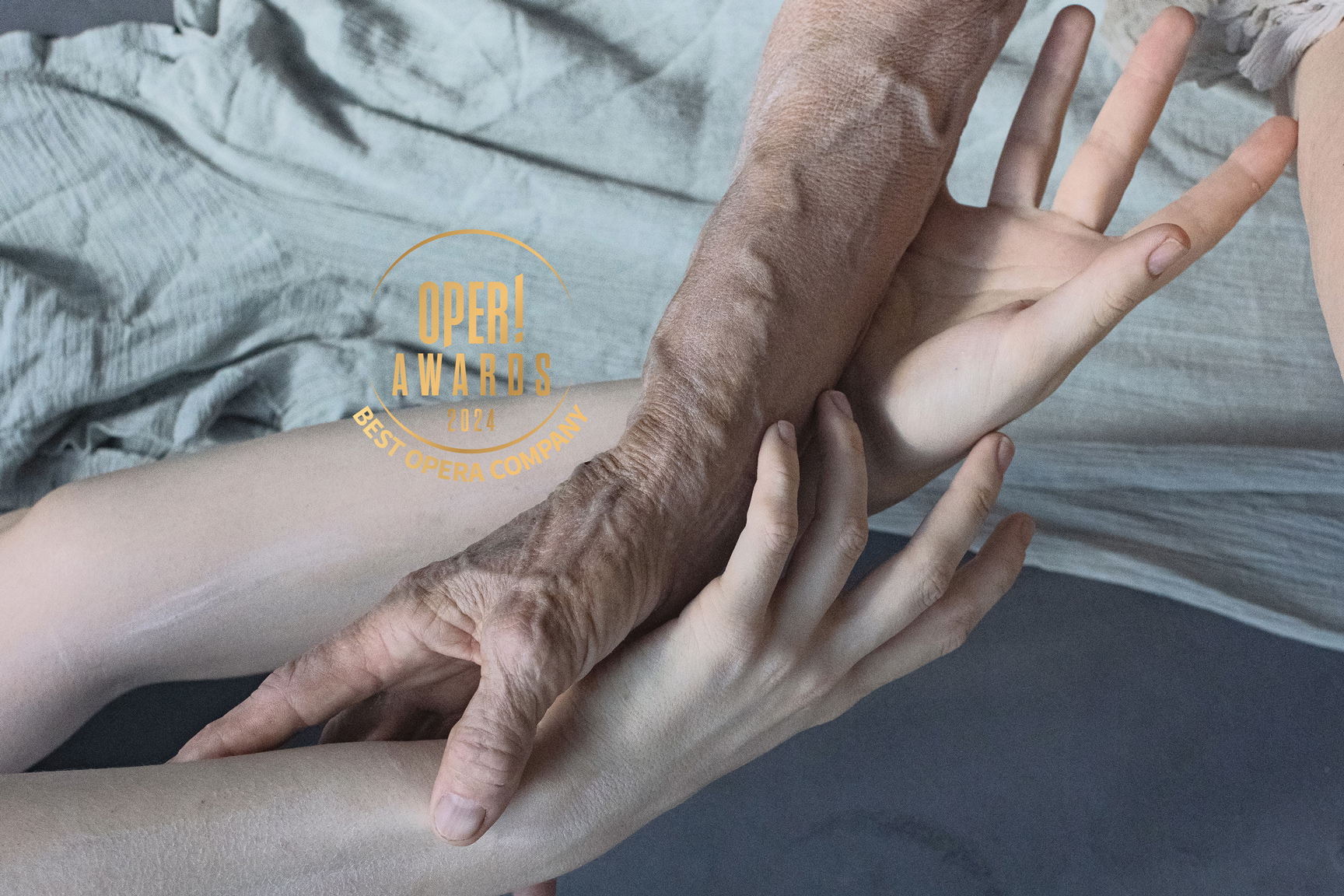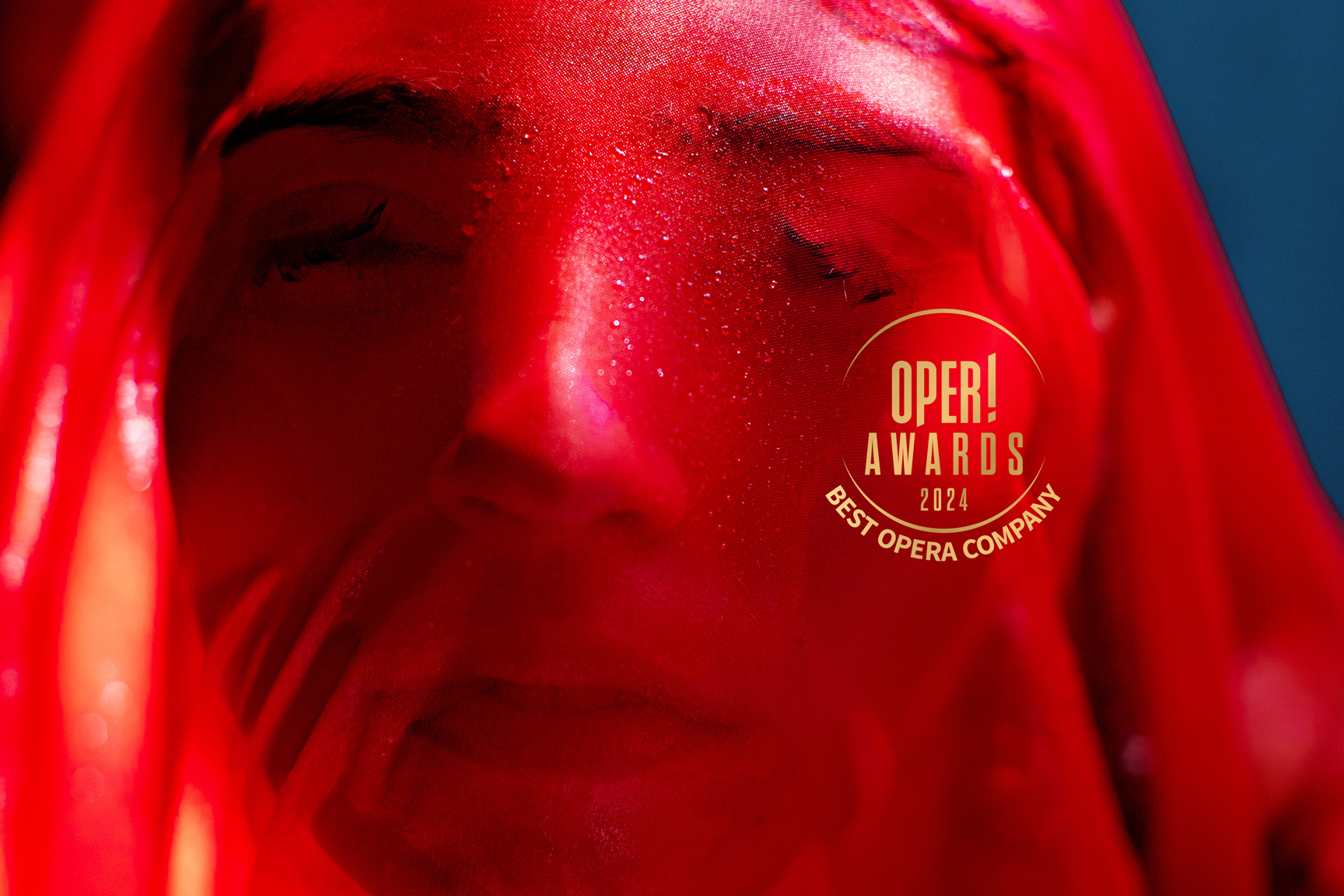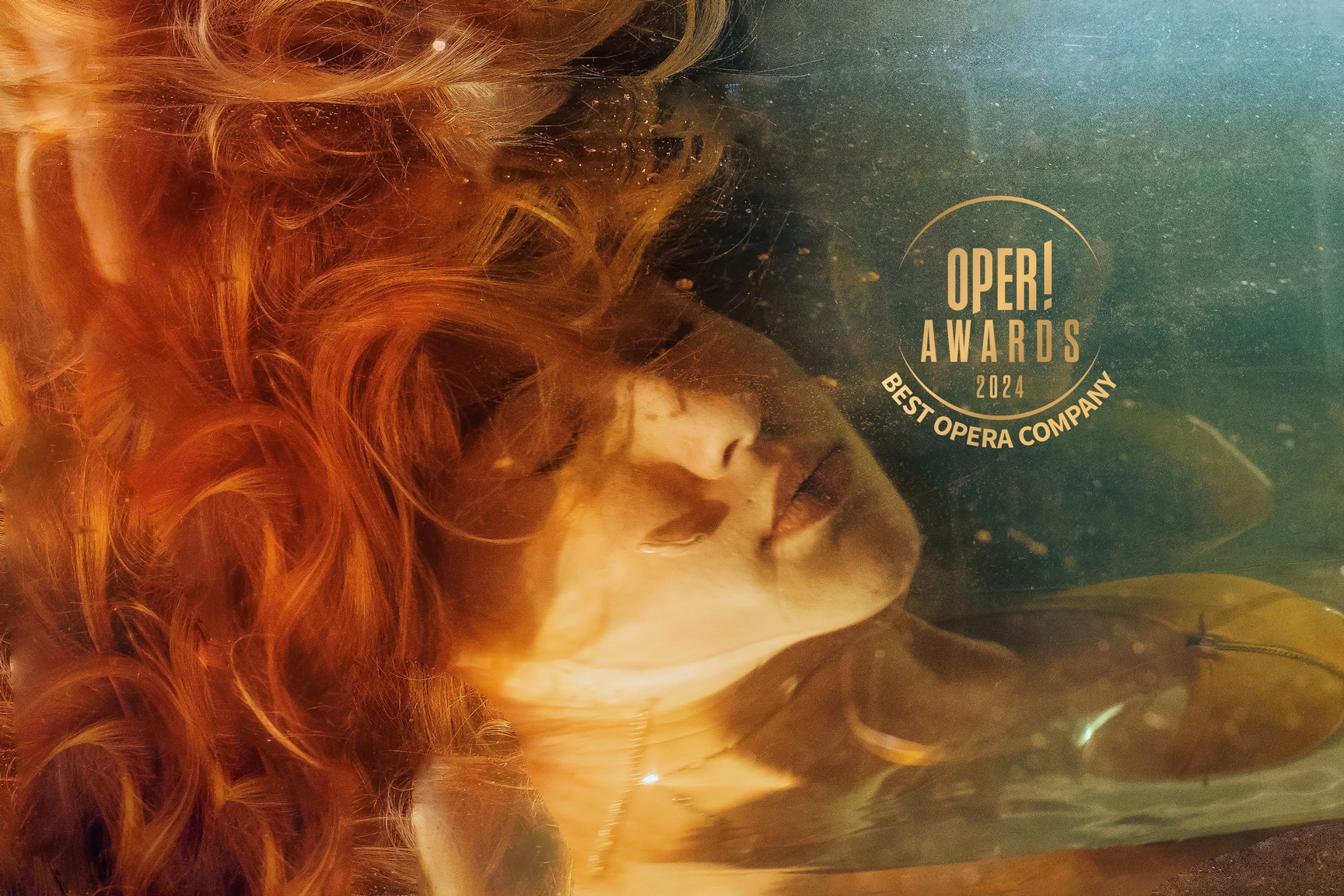Dutch National Opera
On this page, you will find an overview of all opera productions of the 2023/2024 season
Which opera performances can be seen in 2023 - 2024?
Sep - Oct
Nov - Dec
Jan - Feb
mar (OFF)
Apr - May

Ir/responsible
Sophie de Lint on an opera season full of urgent themes
Text: Luc Joosten | Photo: Liza Kollau
Ir/responsible
In their preparations for this new season, Sophie de Lint and her team have been striving to find the right balance between new operas that confront burning societal issues and new productions of the core repertoire – from Handel to Wagner – staged by some of the most sought-after directors of today. The result is a carefully curated programme that reflects our continuous drive to be a true house of the 21st century.
The launch of the new opera season is an important moment that Sophie de Lint looks forward to every year: “It is when my colleagues and I can finally share our new projects with the public. The programme is developed and defined several seasons in advance and the announcement of the new season provides an occasion to show the cultural world, both in the Netherlands and internationally, what we’re working on right now.”
And what is Dutch National Opera working on?
“We’re constantly on the lookout for artists who have a message for our times: stories from the past that resonate today and topical themes that touch us, move us and make us aware of what is going on in our society. Opera helps us experience past and present worlds and at the same time raises questions that let us reflect on the future.
Take our season’s opener, Aufstieg und Fall der Stadt Mahagonny, by the composer Kurt Weill and librettist Bertolt Brecht. That opera was revolutionary when it premiered in 1930. It is a satire about people who want to build a new world in which anything goes, but it all goes horribly wrong. Financial gain takes precedence over all else and money is the only moral value left. Today, nearly a hundred years later, Weill and Brecht’s message is as powerful as ever. Weill also pushed the boundaries of the language of opera, blending jazz and light music influences with the idiom of classical opera. That ‘crossing borders’ approach continues to be a fruitful source of inspiration and a focal point in our programming. This new production, directed by Ivo van Hove – one of the world’s leading theatre and opera directors – sets the tone for the whole season.”
‘We have created a season that moves from darkness to light and ends with a feeling of hope’
A number of the operas in the new season tackle the question of “human responsibility”. What is behind this choice?
“Indeed, the question of responsibility has become a highly relevant subject in contemporary society, especially because we’re not living in the most uplifting of times. Take the climate problem, geopolitical conflicts, the affordability of energy and health issues for instance. People feel insecure, anxious and lost. What can we do about it? What should we do? Where does our own responsibility start and end? In the past, you could turn up the heating without feeling guilty, but now that too raises all kinds of questions.
Opera can’t give us direct answers to all these questions but it can engage us on an emotional, intellectual and sensory level, like no other artform can. Opera can give us hope, make us sensitive and critical, and help us find our moral compass – something we need now more than ever.”
Is this also the case with The Shell Trial?
“The Shell Trial focuses on the debate about responsibility in the climate crisis. In the opera, which is based on the prize-winning play De zaak Shell, a collective of artists give voice to the various parties involved in the case, sharing their personal perspectives on the crisis. In the process of creating this production, we are also deliberately searching for sustainable solutions: we want to make The Shell Trial as climate-aware as possible. We have entrusted one of the most promising composers from the new generation with this opera: American Ellen Reid, who recently won the Pulitzer Prize for her opera p r i s m. Her distinctive musical language is perfectly suited for this adaptation of a play into an opera giving this new production its own character.”
Is it true that a lot of the operas this season revolve around court cases?
“Yes, that’s an interesting point. Several of the operas this season, from both the classical and contemporary repertoire, have this theme at their heart. Take the court scene in Lohengrin for example, the trials in Die Zauberflöte or the intrigue surrounding Roberto Devereux. Similarly, Innocence revolves around a school shooting in Finland with the victims and perpetrators processing the event through their memories. The Finnish librettist, Sofi Oksanen, poses a serious question for our collective conscience: who is truly free of guilt, even when we know who committed the crime? Taking this question as the starting point, composer Kaija Saariaho has written one of her most moving scores to date. When I saw the production at its premiere in Aix- en-Provence, I was totally blown away.”
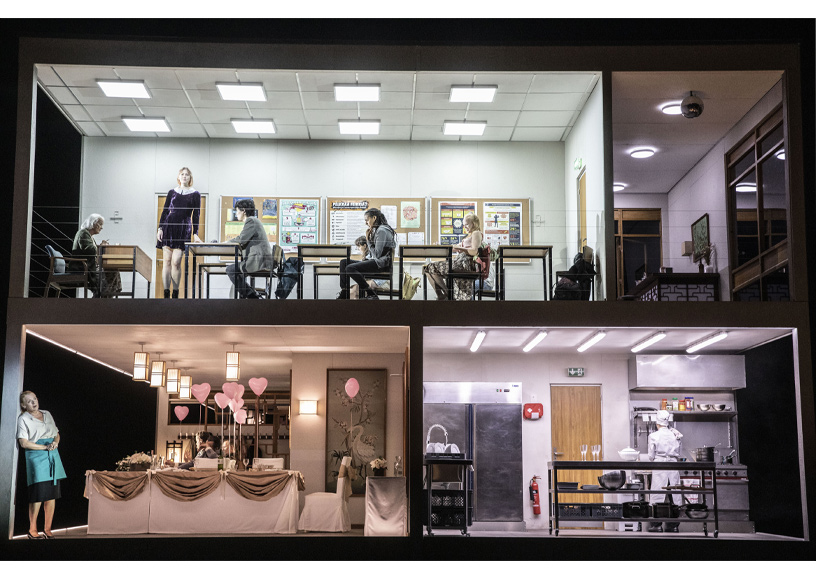
Responsibility is quite a serious topic. Doesn’t that make the season rather heavy?
“I don’t think so. Operas are often multi-faceted so despite their weighty subject matter, the music and staging can give them quite a different feel. You see that in various operas this season. For example, both Die Zauberflöte – a reprise of Simon McBurney’s production – and the new production of Fidelio, directed by Andriy Zholdak, have a dark side to them but end on a hopeful note.”
“A similar evolution from tragic to light-hearted can be seen in Puccini’s Il trittico. This trilogy of one-act operas directed by Barrie Kosky, start with a crime of passion in the drama Il tabarro, moves on to the tragedy of Suor Angelica and ends with the comédie humaine of Gianni Schicchi.”
“During this season, we take our audiences on a journey that starts with harsh social criticism in Aufstieg und Fall der Stadt Mahagonny. After various stops along the way, our season ends with Fidelio, which combines comradery, love, and liberty. With this, we move from darkness to light and end with a feeling of hope.”
Was responsibility as a theme the leading factor when putting together this season’s programme?
“Not only. We believe that the beloved operas from the core repertoire also have the power to connect and engage with audiences; just like the contemporary works from our season. Dutch audiences have traditionally shown great interest in the German classical and Romantic repertoire. Verdi and baroque operas – especially Handel – are also very popular. They can all be found in our new season’s programme, with the productions Agrippina, La traviata, Lohengrin and Fidelio.
In the new production of Beethoven’s Fidelio, we will be working with the idiosyncratic Ukrainian director Andriy Zholdak, who is known for his striking visual imagery rich in symbols. Another key new production is Wagner’s Lohengrin directed by audience favourite Christof Loy. He will embark on an artistic collaboration with our chief conductor Lorenzo Viotti. This will be Lorenzo’s first Wagner opera.”
‘Opera can engage us on an emotional, intellectual and sensory level, like no other artform can’
Dutch National Opera’s audience can also look forward to the last instalment in Gaetano Donizetti’s Tudor trilogy. What place does bel canto have in the season?
“It is not an easy genre to put on stage, but it’s beautiful to have the naked voice at the core of the opera experience. The Dutch stage director Jetske Mijnssen and conductor Enrique Mazzola have proven themselves as true ambassadors of bel canto. With their Anna Bolena they conquered the hearts of the audience and the press and we are now very much looking forward to experiencing their Roberto Devereux.”
Once again, outstanding artistic teams will be coming to Amsterdam for this season’s productions. Why are artists so eager to work with Dutch National Opera?
“We’re an opera company that likes to take risks. World-class conductors and directors find that inspiring. They know they can rely on total support from the opera house, that they can work with our fantastic partner orchestras and that they will have access to a group of highly engaged singers. Some of today’s most exciting singers enjoy working at Dutch National Opera because we give them the opportunity to debut some of their dream roles. They also feel especially embraced and carried by the Dutch audience. This is truly unique. It gives them energy and helps them raise the bar even further in their performances.”
“The collaboration with all these remarkable artists leads to new impulses: for the artists, for our opera house and for our audiences. And this rich and meaningful experience is, ultimately, what it’s all about.”
